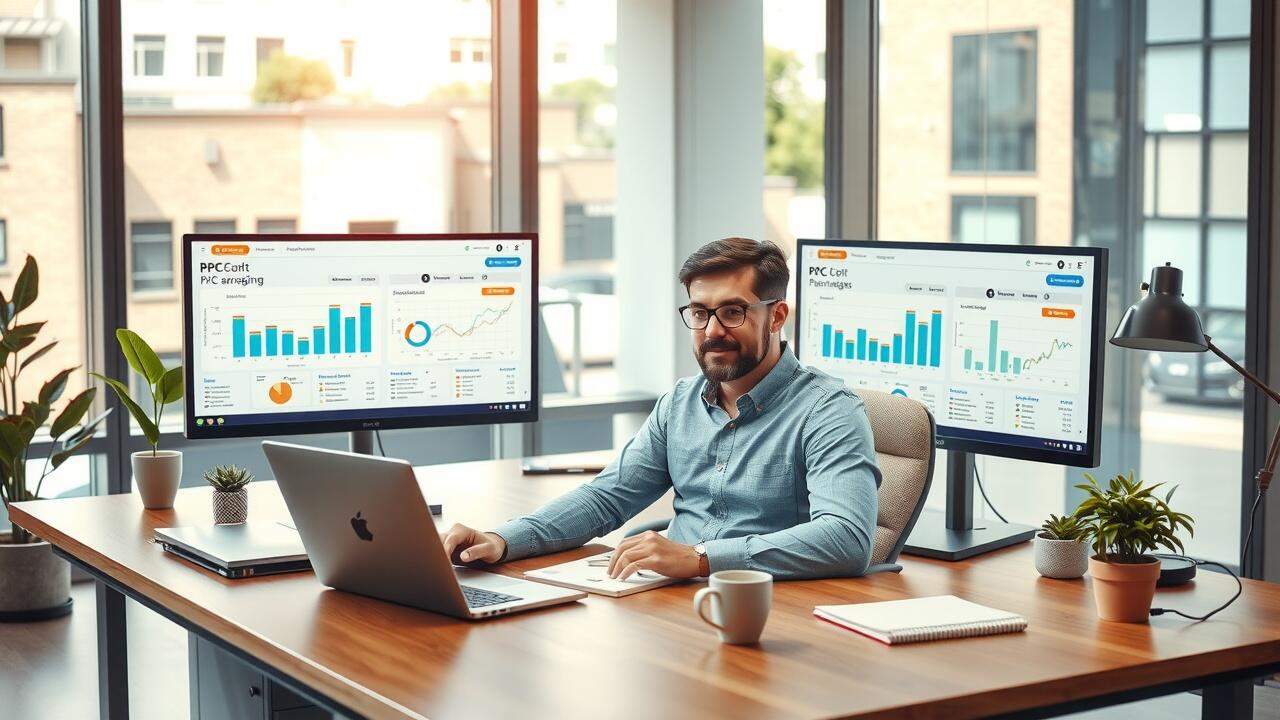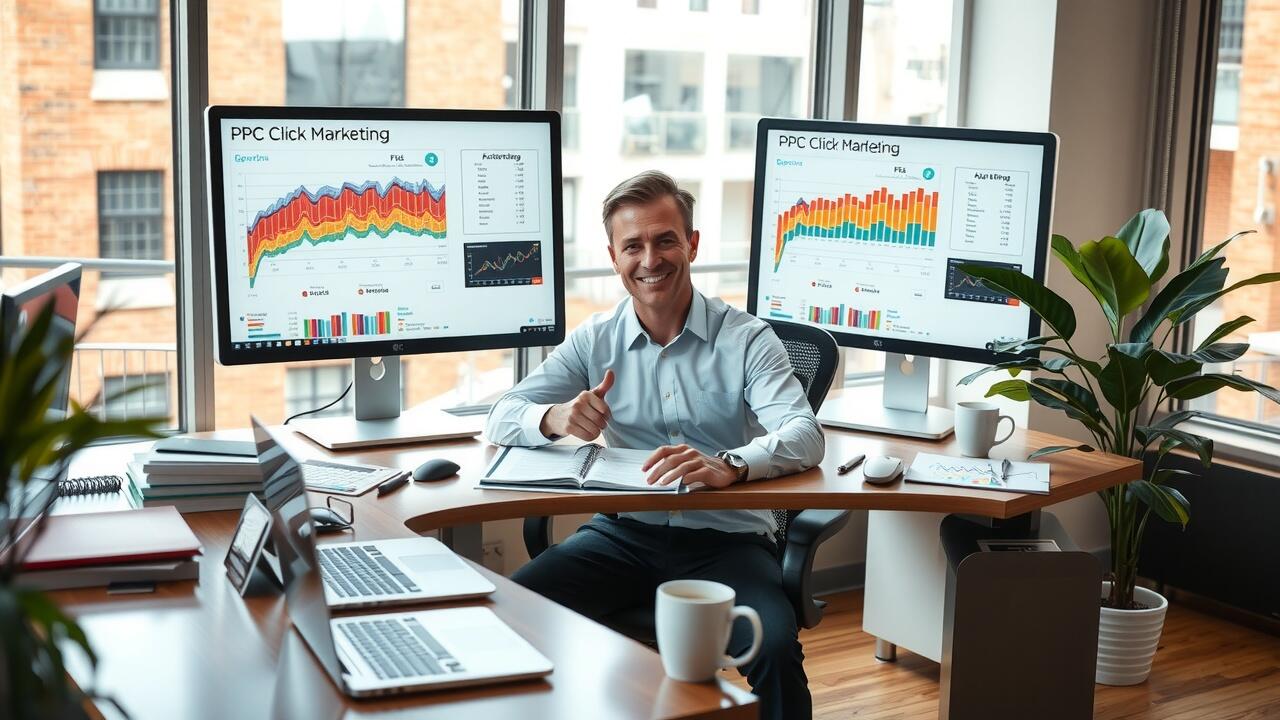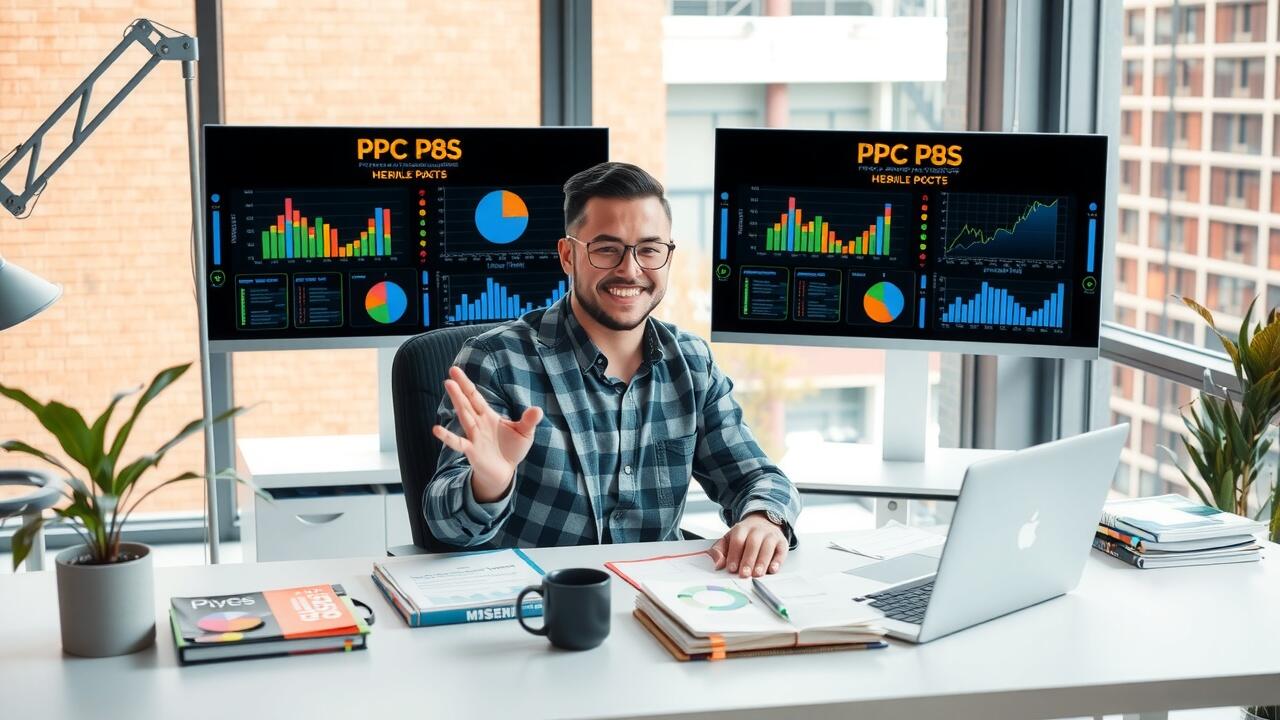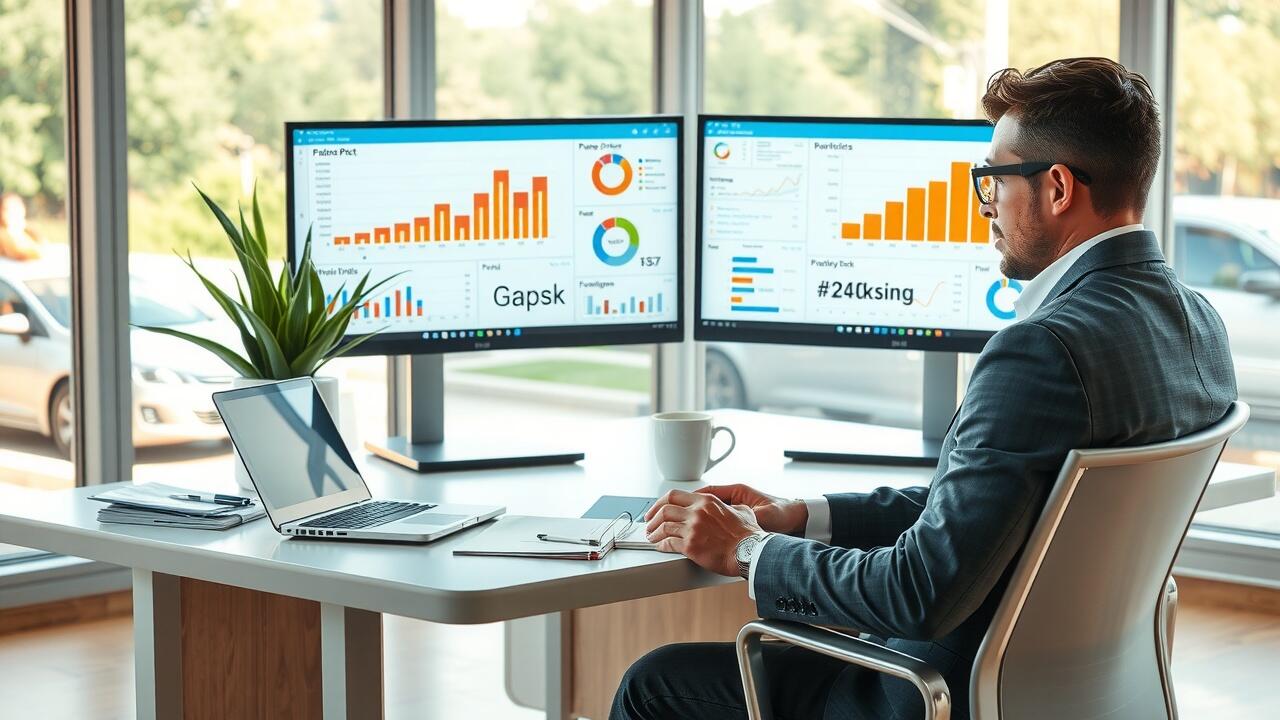
Targeting and Audience Reach
Pay-Per-Click (PPC) Advertising offers a highly targeted approach to reaching specific audiences. Advertisers can select demographics, interests, and even geographic locations to ensure their ads are seen by the most relevant users. This precision is particularly beneficial for businesses aiming to convert a specific segment of the market quickly. The ability to refine targeting parameters means that companies can effectively allocate their budgets towards those likely to engage with their products or services.
In contrast, SEO efforts tend to focus on attracting a broader audience over time, with the aim of improving organic search visibility. Although this approach can lead to significant traffic, it often lacks the immediacy that PPC provides. While SEO is essential for building long-term brand authority and presence, it can take time to establish traction within search engine results. Consequently, businesses may opt for PPC as a way to supplement their organic strategies by driving targeted traffic much faster.
Customisation in PPC vs. Organic Reach of SEO
Pay-Per-Click (PPC) Advertising offers a level of customisation that can be particularly beneficial for businesses aiming to target specific demographics. Advertisers can adjust their campaigns based on various factors such as location, time of day, and user behaviour. This ability to refine targeting allows businesses to reach their ideal audience with greater precision. Additionally, PPC campaigns can be modified in real-time, enabling marketers to quickly adapt to changes in consumer trends or preferences.
In contrast, organic reach through SEO tends to be more holistic, focusing on overall web presence rather than immediate visibility. SEO strategies require an investment in content quality and relevance, aiming to organically increase rankings over time. While this approach builds lasting authority and trust, it lacks the immediate customisation capabilities of PPC. Businesses may find themselves at the mercy of search algorithms, making it challenging to achieve targeted outreach without considerable effort and time.
Measuring Success
Measuring success in digital marketing requires a clear understanding of Key Performance Indicators (KPIs), which vary significantly between Pay-Per-Click (PPC) advertising and search engine optimisation (SEO). For PPC, common metrics include click-through rates, conversion rates, and return on ad spend. These KPIs provide immediate feedback on campaign performance and help marketers adjust their strategies in real-time. The ability to quickly analyse data allows businesses to maximise their advertising budgets effectively.
In contrast, SEO success is often gauged through organic traffic growth, keyword rankings, and the overall visibility of a website in search engine results. While these metrics may take longer to show results, they contribute to sustainable long-term growth. Tracking engagement metrics such as bounce rate and time on site also plays a crucial role in understanding how users interact with content, providing insights that can guide future optimisation efforts.
KPIs for PPC and SEO
Key Performance Indicators (KPIs) serve as essential metrics for evaluating the effectiveness of both Pay-Per-Click (PPC) advertising and Search Engine Optimisation (SEO). In PPC campaigns, KPIs such as click-through rate (CTR), cost per click (CPC), and conversion rate provide direct insights into how users interact with ads. Tracking these metrics allows advertisers to optimise their ad spend and enhance campaign performance.
In contrast, SEO focuses on KPIs like organic traffic, keyword rankings, and bounce rate. These indicators help measure the long-term success of an optimisation strategy. While PPC results can be immediate and quantifiable, SEO tends to show more gradual, cumulative effects over a longer period. Both approaches have their unique set of KPIs, highlighting the distinct metrics relevant to each marketing strategy.
Adaptability and Flexibility
Pay-Per-Click (PPC) Advertising offers a high degree of flexibility that allows marketers to quickly adapt their strategies in response to shifting market conditions or consumer behaviour. Campaigns can be adjusted in real-time, enabling brands to modify their targeting options, adjust budgets, or even revise ad copy as needed. This level of control can lead to more effective utilisation of resources, ensuring that funds are channelled towards the highest-performing ads or keywords.
In contrast, SEO strategies tend to be more rigid due to their reliance on organic ranking improvements. Changes made in this area often require significant time and effort, as adjustments to content or site structure can take weeks or even months to reflect in search engine results. Consequently, while SEO is critical for long-term growth and sustained visibility, it offers less immediate flexibility in comparison to the on-demand adjustments available through Pay-Per-Click (PPC) Advertising.
Changing Strategies in PPC Compared to SEO
Pay-Per-Click (PPC) Advertising allows for rapid adjustments in strategy based on immediate data feedback. Marketers can quickly pause underperforming ads, shift budgets, or experiment with new keywords to optimise their campaigns. This real-time flexibility contrasts sharply with search engine optimisation (SEO), which typically requires more time to implement changes and see results. Adjusting an SEO strategy often involves a longer process of re-evaluating content, backlink profiles, and site structure, making it less agile in responding to market changes.
On the other hand, while PPC campaigns can be modified almost instantaneously, they require constant monitoring to ensure effectiveness. Analytics dictate the direction of modifications, allowing for data-driven decisions that can enhance performance. SEO strategies, by nature, are more foundational and concerned with long-term growth and stability. This significant difference in adaptability means that brands may find themselves investing differently in both avenues based on their immediate goals.
FAQS
What is the main difference between PPC and SEO?
PPC (Pay-Per-Click) involves paying for ads to appear in search engine results, while SEO (Search Engine Optimisation) focuses on optimising website content to rank organically without direct payment for placement.
Which is more cost-effective, PPC or SEO?
The cost-effectiveness of PPC versus SEO can vary based on business goals and budget. PPC provides immediate visibility but incurs ongoing costs, while SEO can be more cost-effective long-term as it drives organic traffic without direct payment.
How quickly can I see results from PPC compared to SEO?
PPC campaigns can deliver immediate results as ads can start generating traffic as soon as they go live. In contrast, SEO is typically a longer-term strategy, with results often taking weeks or months to manifest.
Can PPC and SEO work together effectively?
Yes, PPC and SEO can complement each other. Using both strategies can enhance visibility, cover more marketing channels, and provide insights into search behaviour, helping to optimise overall digital marketing efforts.
Which strategy is better for a small business: PPC or SEO?
The best strategy for a small business depends on its specific goals, budget, and target audience. PPC can be ideal for quick visibility and targeted outreach, while SEO may be better for sustainable growth and building long-term organic traffic.












































